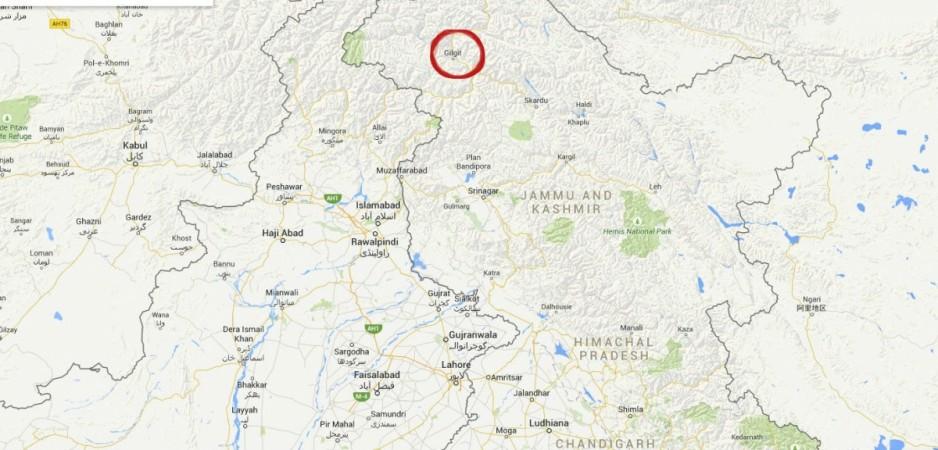
Balloting for 24 constituencies of the second Gilgit-Baltistan Legislative Assembly, in Pakistan-administered Kashmir ended at 4 p.m. on Monday amid tight security arrangements.
New Delhi has dismissed the elections and termed the process as Islamabad's attempt "to camouflage its forcible and illegal occupation of the region" and to deny its people their political rights.
Polling in all seven districts began at 8 a.m. and over six lakh voters were expected to cast their votes with about 278 candidates belonging to different parties contesting for the 24 legislative assembly seats, Dawn reported.
Pakistani Rangers, Army, police and GB scouts were deployed in all the districts to maintain law and order during polling.
Balloting was temporarily suspended during the day at a few places following clashes between political workers, which left a few people injured.
According to the Election Commission of Pakistan (ECP), there were 618,364 registered voters in the region. The number of female voters was 288,889 while male voters numbered 329,475.
A total of 278 candidates were in the fray for the 24 legislative assembly seats.
The Gilgit-Baltistan legislative assembly was created through a presidential order in 2009 and the Pakistan Peoples Party won the first elections, completing a five-year term in office.
On December 13, 2014, an interim government was set up with a 12-member caretaker cabinet to conduct free and fair elections.
The Gilgit-Baltistan area of Pakistan-administered Kashmir covers 85,793 sq km territory.

















